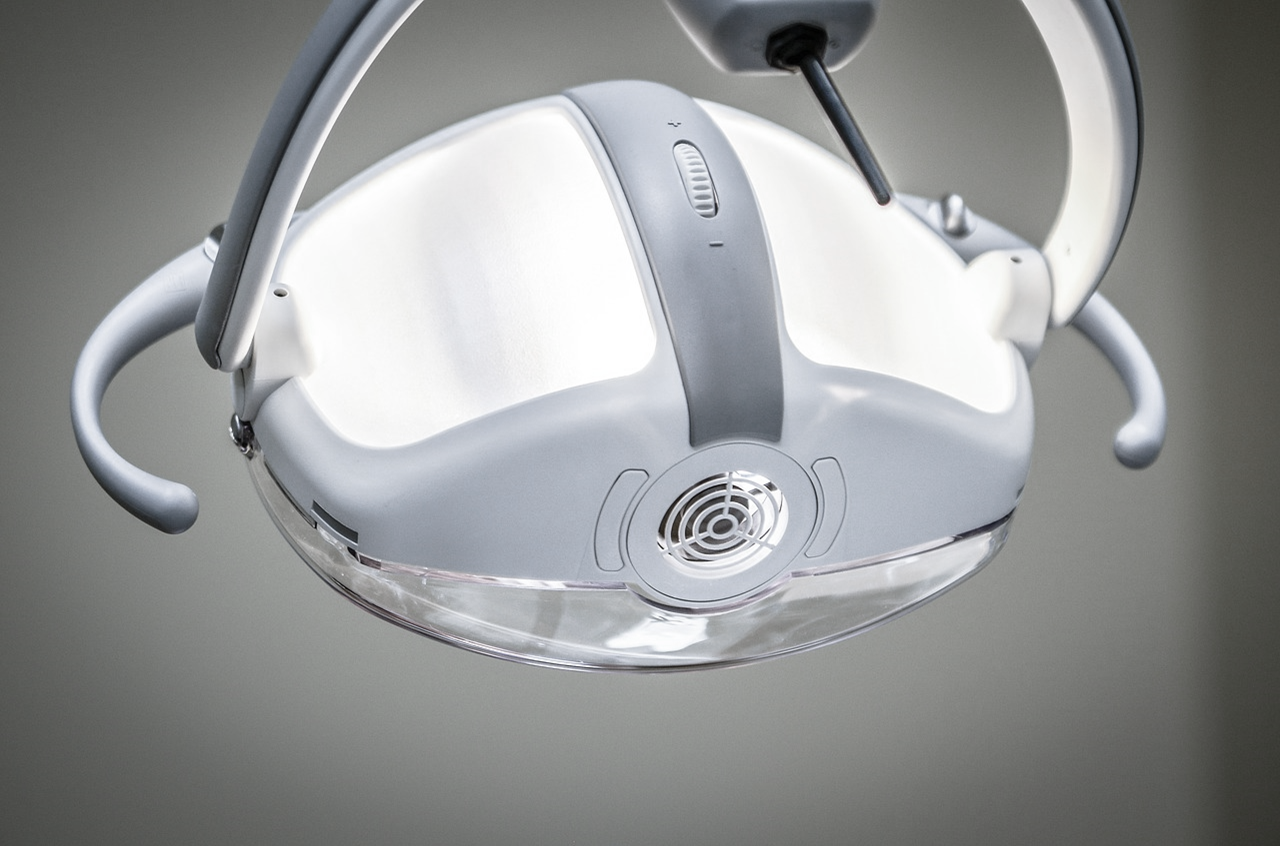
Political Manifestos – Primary Care
Date: 28/04/2021 | Healthcare
On 6th May 2021 the people of Scotland will vote to decide who will form the new Parliament. The election will be fought on various fronts. Healthcare, and Primary Care in particular, may not be the most hotly contested faultline between the politicians but it has sound claims to be the most important.
Primary Care remains by some distance the main point of contact for most of the population most of the time with the public healthcare system.
In February 2021 the Scottish Parliament’s Health and Sport Committee called for “a radical revision of primary care . . . to ensure the next generation of citizens receive the care they need”. Going into the election what do the main political parties have to say about Primary Care and how “radical revision” might be delivered alongside the existing changes which are already in the process of being implemented?
This article is not intended as an analysis or critique of what the various parties have to say but rather to identify what the main parties say regarding the key themes of Funding, Staffing, Mental Health, Premises, Community Based Healthcare and Service Delivery.
INCREASED FUNDING
There is a widespread acceptance that primary care requires additional funding. Some parties characterise that as a need for more funding whilst others focus on increasing primary care’s slice of the pie.
Scottish Conservative and Unionists:
– invest 11% of overall NHS budget into general practice
– review of funding formulas for allocating funding to health boards
– increase mental health funding to 10% of the frontline health budget
Scottish Greens:
– at least 11% of health spending to be in general practice by 2026
– allocate 10% of frontline health spend to mental health by 2026
Scottish Labour:
– “fair pay for all staff in health and social care”
– increase and allocate at least 11% of the NHS budget for resources to deal with mental health
– support transition of GP services into a fully integrated NHS model
Scottish Liberal Democrats:
– a pay settlement which “recognises commitment and makes long term careers . . . attractive”
Scottish National Party:
– increase of at least 25% in primary care funding
– 4% pay rise for all NHS Scotland staff in Bands 1 to 7 [1]
STAFFING
Staffing, recruitment and retention have been issues for the health service for years. The New GP Contract recognised that a modern primary care service needs a blend of healthcare professionals working together. There is a general perception this has yet to happen in a meaningful fashion.
Alongside this the pandemic has highlighted comparatively low levels of pay and working conditions for some professions who play an integral role in the system.
Scottish Conservative and Unionists:
– increase training places to deliver 800 more GPs by 2027
– ensuring all GPs are supported by a multi-disciplinary team
Scottish Greens:
– build the general practice workforce
– expand practice teams to include welfare rights officers
– increase number of mental health clinicians working in general practice
– ensure there are “adequate” pharmacists
Scottish Labour:
– introduce minimum student intakes and increase training places for roles such as pharmacists, in order to relieve pressure on GPs giving them more time with patients
– ensure every GP practice in Scotland has a dedicated mental health worker
Scottish Liberal Democrats:
– train more mental health specialists
– increase the number of trained GPs
– a pay settlement which “recognises commitment and makes long term careers . . . attractive”
Scottish National Party:
– 4% pay rise for all NHS Scotland staff in Bands 1 to 7
– recruit 1,500 more NHS staff across the NHS generally (i.e. not just primary care)
MENTAL HEALTH
If Primary Care has been the poor relation of the National Health Service in recent years, mental health services have been Primary Care’s poor relation. The pandemic has heightened awareness of this.
Scottish Conservative and Unionists:
– increase mental health funding to 10% of the frontline health budget
– expand community mental health services
Scottish Greens:
– increase number of mental health clinicians working in general practice
– allocate 10% of frontline health spend to mental health by 2026
Scottish Labour:
– allocate 11% of the NHS budget to mental health resources to “match England and Wales spending”
– improve access to mental health support with a new referral and triage service
– ensure every GP practice in Scotland has a dedicated mental health worker
Scottish Liberal Democrats:
– train more mental health specialists for deployment in GP practices, community centres, hospitals, workplaces and schools
Scottish National Party:
– allocate 10% of frontline health spend to mental health by 2026
PREMISES
The New GP Contract identified that some of the most significant business risks for GP Practices relate to premises. The National Code of Practice for GP Premises contains detailed policy proposals for addressing those premises risks. However, progress remains slow and many practices continue to struggle under the burden of premises issues.
Scottish Labour:
– renewal and upgrade linked to the transition to an integrated NHS model
Scottish National Party:
– renewal and upgrade of primary and community facilities
COMMUNITY BASED HEALTH CARE
Scottish Conservative and Unionists:
– “clearer routes” to refer people to support locally
– roll out of “Community Link Workers” and links to other advice services
– expand community mental health services
– presumption against centralisation in healthcare
Scottish Greens:
– every GP Practice should have a “community links worker”
– practice teams to include welfare rights officers
Scottish Labour:
– establish Rapid Diagnostic Centres in each health board area where GPs can refer patients who have suspicious but unclear symptoms with quicker diagnosis times
– accelerate roll-out of e-prescriptions and full digitisation of patient records which are controlled by patients
– “increased links between GPs and community support services”
– rolling out Hospital to Home service across Scotland.
Scottish Liberal Democrats:
– “building stronger local health services”
– wider range of specialists, diagnosis and treatment in local communities
Scottish National Party:
– aim to have as much health care in the community as possible
– increase in mobile health services particularly in rural areas
– allow community pharmacies to give advice regarding minor illnesses and common conditions and also to make referrals to other healthcare teams
SERVICE DELIVERY
The Health and Sport Committee called for “radical revision”. What does that mean in policy terms for the main stream political parties?
Scottish Conservative and Unionists:
– longer GP appointments
– allow pharmacists to treat a wider range of common conditions
– ensuring all GPs are supported by a multi-disciplinary team
– allow pharmacists full access to medical records
Scottish Greens:
– 15 minute minimum appointments as standard
Scottish Labour:
– establishment of Rapid Diagnostic Centres with quicker diagnosis
– move to a minimum appointment length of 15 minutes
Scottish Liberal Democrats:
– wider range of specialists, diagnosis and treatment in local communities
– more services available in GP surgeries
– embed nurses, dieticians and physios in GP surgeries
– 15 minute appointments
– shift prescribing from doctors to pharmacists
– greater powers for GPs to refer patients
Scottish National Party:
– 10% increase in inpatient, day case and outpatient activity maximising use of primary care and community care
– allow community pharmacies to give advice regarding minor illnesses and common conditions and to make referrals to other healthcare teams
CONCLUSION
Managing healthcare is one of the primary functions of the Scottish Parliament; it is fully devolved and allows truly Scottish solutions to be created. The budgets concerned are massive. The challenges they throw up are equally massive. In turn that makes it one of the most significant areas of focus for all of the parties who have a realistic prospect of returning MSPs or indeed being involved in Government.
What this analysis shows is that most of the main parties have something to say about each of these six key areas. Some have brought forward detailed policies whilst others are aspirational or broad brush at best.
However, it is hard to characterise any party as bringing forward the sort of radical revision which the Health and Sport Committee of the Parliament which has just ended said, in February 2021, was essential. That said there are common themes coming through particularly in the need for additional funding for Primary Care and changes to the way the public access health services. A change to 15 minute appointments appears to have support from most parties and would represent a significant shift in patient expectations and service delivery.
A key challenge for the new Scottish Government, however that is made up, will be to continue to move Primary Care forward. Policy is one thing but, as ever, it will be those in the frontline who have to implement that policy. It is essential that the politicians back up the high-level policy with proper funding. It is also essential that they take responsibility for explaining to the public why change is happening and why it will lead to better Primary Care and healthcare outcomes for the population.
When things do not work out in a particular location – and inevitably that will happen – the politicians should be the ones who bear the brunt, not those tasked with doing their best to implement new policy. If they don’t, then the pattern of people leaving the healthcare professions and not being replaced will simply continue.
At Davidson Chalmers Stewart our specialist team of lawyers has many years of experience in guiding healthcare businesses through the issues which are thrown up by a continually changing policy landscape. Our lawyers have been at the forefront of supporting healthcare businesses in implementing the policies brought in by the 2016 Scottish Parliament such as GP Sustainability Loans. We will continue to be there providing the same expert advice no matter what the policies of the 2021 Scottish Government may be.
[1] GP Practices are independent contractors and their employees are not NHS Scotland staff.











































